News
Chefs sign up for circular gastronomy
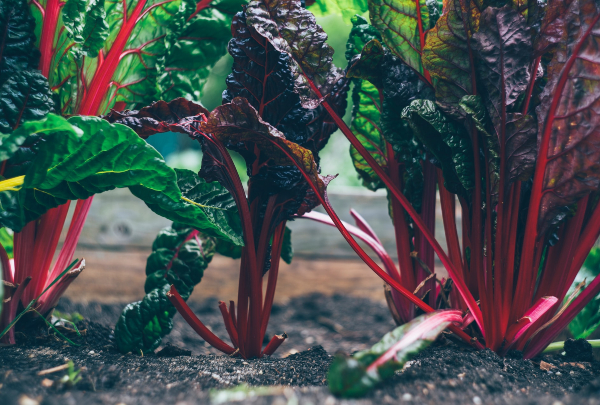
Short-cycle cooking, the flow of ingredients and the use of resources, among the thematic axes around which various presentations will revolve.
Circular Gastronomy is a global concept which involves support for small-scale producers, the promotion of seasonal ingredients and local food; the revival of neglected products; respect for the environment and for raw materials which are in short supply; the use and reuse of waste and products considered disposable, and energy efficiency. In other words, maximum sustainability. Over the last few years, awareness of the importance of our natural environment has become increasingly influential in the hotel and catering industry. Many chefs are now researching, analysing and studying their environment in order to make the most of its resources, while many others are committed to 0 km products. There are also many chefs collaborating with neighbouring producers, or who advocate healthy eating and are looking to tackle the problem of food waste. We can find many examples of this all around the world. Here we highlight a few of them.
It is not just the big names on the international gastronomic scene who are developing these kinds of projects. Other, less well-known examples are also well worth following. One such person is Davide Caranchini (Materia, Italy), one of Italy's most promising chefs. His is a highly unique project as he works with produce he grows in his own personal greenhouse. Another example is Flynn McGarry (Gem, USA), a young American who set up his first restaurant at the age of 12. Now aged 21, he is a successful chef who works out of Manhattan and is promoting a sustainable business model. In Quito, Juan Sebastián Pérez (Quitu, Ecuador) is the figurehead of the "Chef to farm" movement, a project which has seen him spend ten years travelling around the country and its ecological reserves, working with cocoa pickers, farmers and ranchers. In nearby Peru, the modern cuisine of Juan Luis Martínez (Mérito), with its Venezuelan and Peruvian roots, also advocates these principles.
The list of major international chefs championing the concept of circular gastronomy is very long indeed. In Latin America, Álex Atala, Virgilio Martínez, Leo Espinosa, Eduardo Martínez and Bel Coelho, to name but a few, are also committed to building a future more focused on respect for nature, the environment, the produce and the farmer/rancher.
Atala focuses his efforts on discovering, protecting and promoting Amazonian food produce. "We must protect its biodiversity because by doing so we achieve gastronomic and environmental richness, as well as human richness," says the Brazilian, who is helped in these efforts by the Atá Institute. "We are great agricultural producers. We just have to believe it and to lay the foundations of a fair supply chain. Appreciate the products; take them to market; pay well for them," he explains. Last May, the chef pointed to an irrefutable fact in his talk at Gastronomika Live: "We Brazilians and Spaniards love football, but we can live without it. However, we cannot live without farmers or fishermen, without those who provide us with food".
In the United States, the standard-bearer is Dan Barber, a major figure within what is known as "culinary ecologism". For the owner of the Blue Hill restaurant in Manhattan, chefs need to become involved in protecting the environment. "Who, if not chefs, are going to spread this message? We have the necessary credentials to be able to link the environment with nutrition and the pleasure of eating. It is up to us to take on this responsibility”. Chef Dominique Crenn, who has several restaurants in San Francisco, including Atelier Crenn, is another chef who supports the demands of producers and farmers. She is working on creating a waste-free space and making restaurants "sustainable and environmentally responsible". Also in San Francisco, Kyle and Katina Connaughton run property with a greenhouse, chicken coops, a fruit orchard, olive trees, beehives and a livestock pen, all surrounded by vineyards. The menu at their Single Thread restaurant - five miles from the aforementioned farm - draws from it all.
Some of the other many names on this list - which features figures from around the globe - include Jock Zonfrillo and his work with the Australian Aborigines (he is also one of the chefs who has set up an NGO); Massimo Bottura and his efforts to eliminate food waste through his Soul for Food foundation; Yoshihiro Narisawa and his philosophy centred on respect for nature, the seasonality of each food and the environment; René Redzepi with his project Noma 2.0 - currently closed and converted due to Covid - and Gaël Orieux, with his work with artisanal fishermen and small seafood producers. The list of restaurants that incorporate, aim for or work with sustainability as a cornerstone is endless.
In Spain, efforts to establish sustainability as a guiding principle involve figures such as Ángel León, who talks about his restaurant Aponiente as a means of "trying to raise awareness". With his fresh approach to seafood, he has managed not only to present diners with new species of fish but also to do away with discards and "open people’s minds".
The Roca brothers and their collaboration with the botanist Evarist March are another example of these efforts to create a more sustainable future. Their project involves studying and assessing all the vegetables in the area around El Celler so that they can use them in their recipes. For them it is a "wild vegetable universe" and they also often utilise parts of the plants which are not commonly used. Lastly, we cannot speak about sustainability without mentioning Eneko Atxa and Azurmendi. Atxa was probably one of the first chefs to introduce this concept into his vocabulary and working life. His restaurant has used the most advanced technology to create a sustainable space using recycled materials and renewable energies. These are just some examples from the long list of people championing a circular gastronomy.

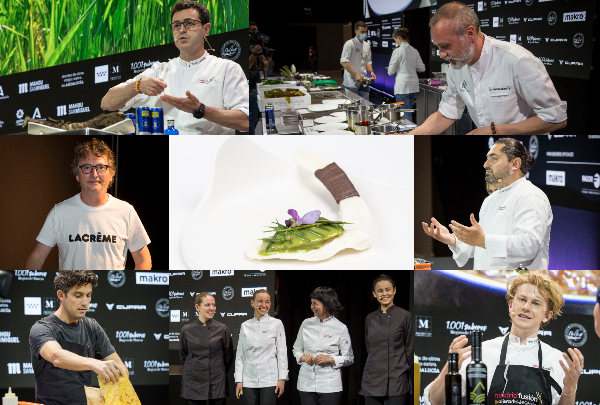
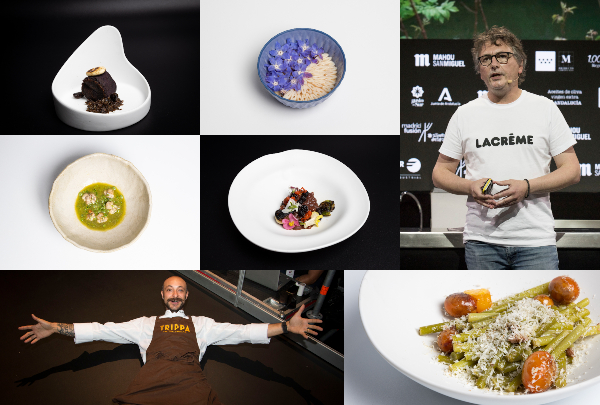
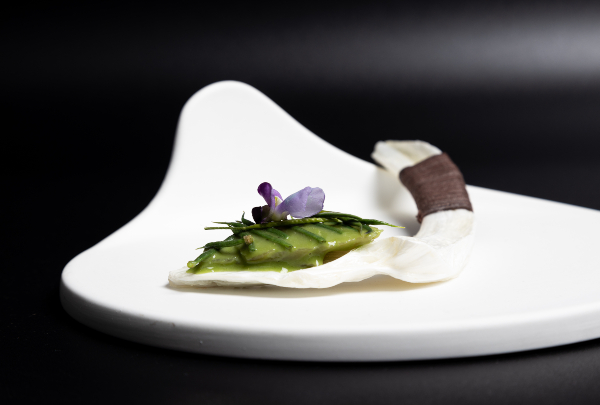
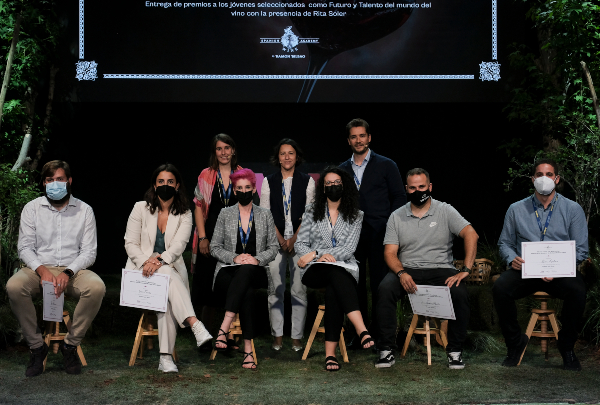
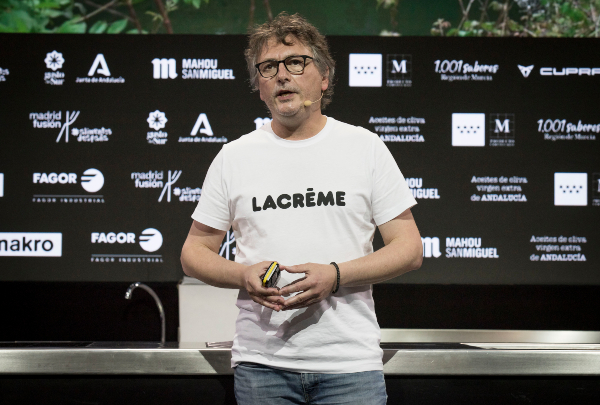
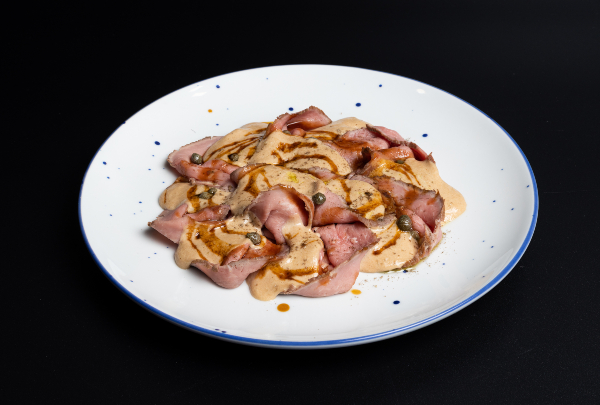

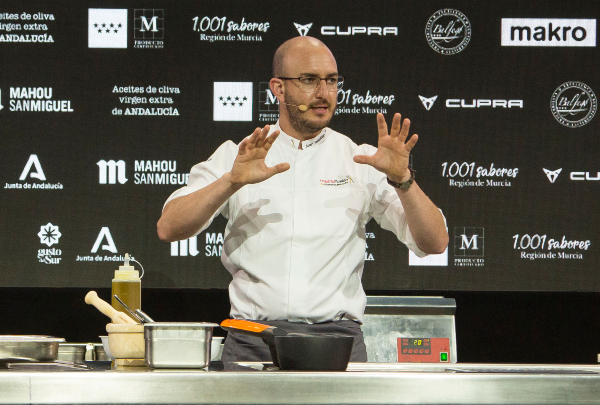
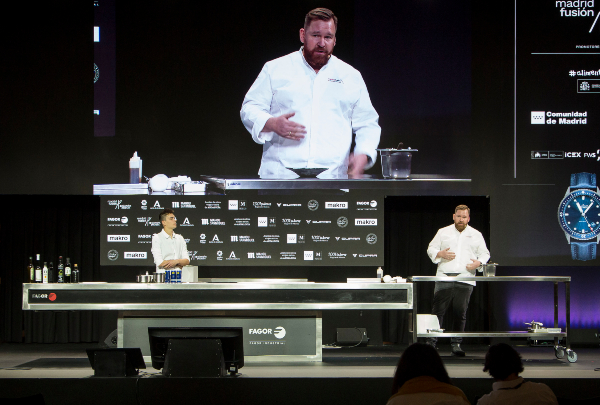
.jpg)













